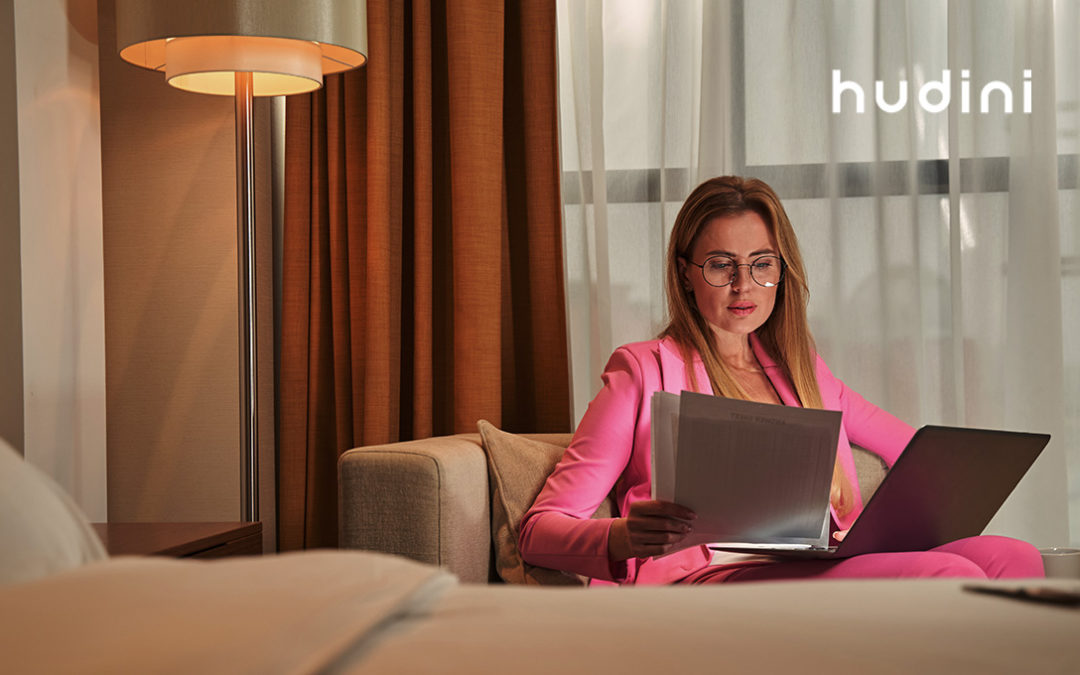If there’s a long weekend coming up, would you go on a staycation? The word ‘staycation’ was coined in 2003 to imply a relaxing holiday that requires little or no travel. Instead, staycationers book into a hotel in or near their city, sample the local sights, enjoy the pool and hotel facilities, and take a break from their daily routines.
With the global travel restrictions imposed due to the pandemic, many of us turned to staycations, or even daycations, for a quick getaway. Staycations will continue to be popular in 2023, even as more countries begin to welcome back tourists.
In the UK, for example, an increase in the cost of living expenses has steered people towards discovering holiday options closer to home. One study found that 84% preferred to go on a staycation this year.
Why are staycations so popular?
Convenience and cost-effectiveness are the prime drivers of staycations. Who wouldn’t want a spontaneous holiday without the expense of flights, long wait for visas, and the grogginess of jet lag? Since there’s no need to cross time zones and state lines, travelers can instead enjoy the time that they’ve saved by relaxing at the hotel or exploring the local neighborhood. The flexibility offered by this option is an added bonus. With staycations, holidayers don’t have to worry about the logistics and costs of last-minute cancellations.
A vacation that does not involve travel is also more sustainable and eco-friendly. The local economy also gets a boost, thanks to travelers who’d like to immerse themselves in everything the neighborhood has to offer.
How can hotels improve the staycation experience?
Hotels have responded to this spurt in local tourism by curating packages that include cultural tours, outdoor activities, and local food tastings. Some hotels are even offering pet-friendly rooms, to the delight of guests who prefer to holiday with their pets in tow.
Since ease and time are priorities for staycationers, hotels can leverage hospitality technology to make every stay more enjoyable and convenient. Hotel apps like Hudini can streamline every touchpoint in the guest journey, from contactless check-ins, restaurant reservations, spa and housekeeping services, and digital payments during check-out. With Hudini, guests can also connect the in-room entertainment system to their personal devices and streaming accounts.
The true potential of hospitality tech lies in personalization. What if hotels could organize a camping trip for a young couple or a visit to a theme park for a family with kids? By leveraging data, apps like Hudini can curate customized experiences for guests, resulting in more memorable and meaningful stays.
What else do you think hotels can do to make staycations even more appealing? And, would you prefer a quick staycation or hold out for a week-long vacation? Let us know in the comments below.
